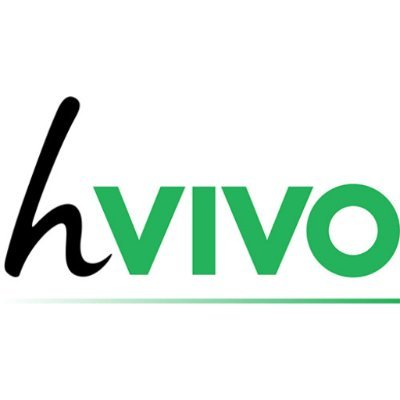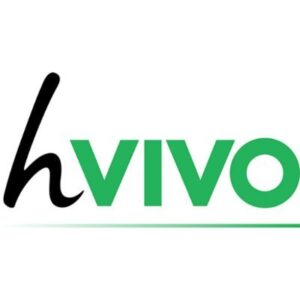A travellers’ vaccine is administered to individuals from non-endemic regions before they travel to areas where certain diseases are prevalent. These vaccines are crucial for travel medicine, protecting travellers and preventing the importation of vaccine-preventable diseases to their home countries. The history of travellers’ vaccines dates back to the first smallpox vaccine in 1796. It took another century to develop vaccines against cholera, rabies, and typhoid fever. Throughout the 20th century, the range of vaccines used by travellers expanded to include those for yellow fever, poliomyelitis, tetravalent meningococcal disease, and hepatitis A. The International Certificate of Inoculation and Vaccination was implemented in 1933, marking a significant milestone in travel medicine.
Currently, vaccines are administered to travellers following a risk assessment based on their destination and individual risk factors. Certain countries also mandate specific vaccines for entry. Often, vaccines for travellers have been initially developed for use in endemic regions, though some have been created specifically for the travellers’ market. One notable example is the development of a cholera vaccine using a Controlled Human Infection Model (CHIM).
Cholera, a severe diarrheal disease caused by toxigenic serogroups of the bacterium Vibrio cholerae, was the greatest epidemic disease of the 19th century. It remains endemic in areas of Africa, the Indian subcontinent, and Southeast Asia, and has recently been reported in the Caribbean. In developed countries, cholera is extremely rare, with cases typically traced to travellers returning from endemic areas.
Vaxchora, a live oral cholera vaccine, is designed to prevent cholera in adults and children aged six years and older (18 years in the US). Specifically aimed at travellers to cholera-endemic regions, Vaxchora contains a weakened form of the cholera bacterium Vibrio cholerae (serogroup O1). It received marketing authorisation in the EU in April 2020 and was approved by the FDA in June 2016.
Developing a cholera vaccine for travellers presents significant challenges. Conducting a Phase III field trial would require meaningful exposure to cholera for both the placebo and active groups to achieve conclusive efficacy results. Instead, a CHIM trial was used as the pivotal efficacy study, replacing the traditional Phase III efficacy field trial. In this study, 197 healthy adults aged 18 to 45 received a single dose of either Vaxchora (95 volunteers) or placebo (102 volunteers) and were then given infectious cholera bacteria (O1 strain). The trial demonstrated that Vaxchora could prevent cholera symptoms in those exposed to the bacteria, providing crucial efficacy data.
To ensure a sufficiently large safety database, a main safety immunogenicity study involving 3,022 healthy adults aged 18 to 45 was conducted. Additional studies in special populations confirmed that Vaxchora was effective in producing antibodies against cholera bacteria in adults aged 46 to 64 and in children and adolescents aged 6 to 18.
Human challenge trials not only support vaccine development as proof-of-concept trials but can also serve as pivotal elements in specific cases, as demonstrated by the development of Vaxchora.
hVIVO plc (formerly Open Orphan plc), led by Cathal Friel, is a rapidly growing specialist contract research organisation (CRO) and the world leader in testing infectious and respiratory disease vaccines and antivirals using human challenge clinical trials, providing end-to-end early clinical development services for its broad and long-standing client base of biopharma companies.


